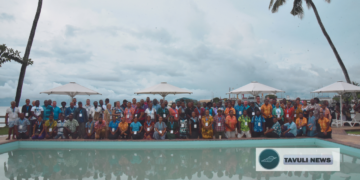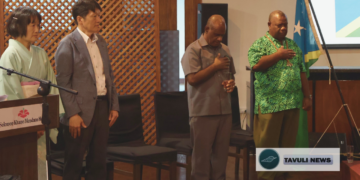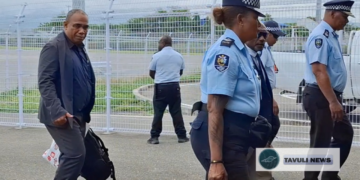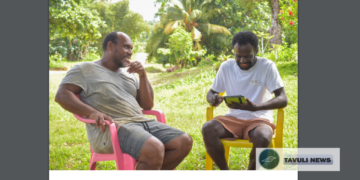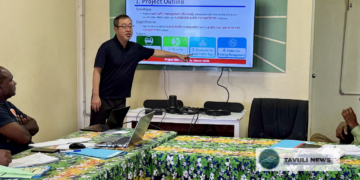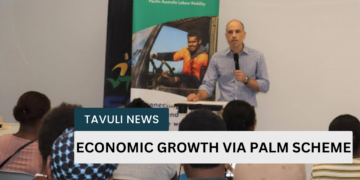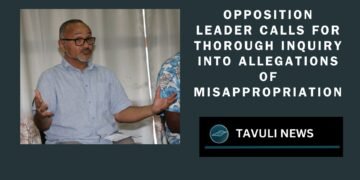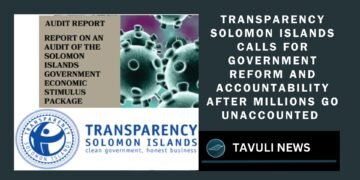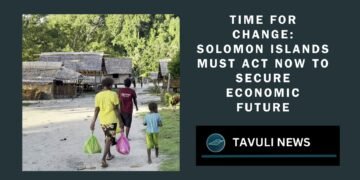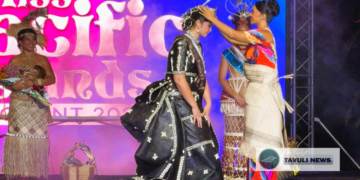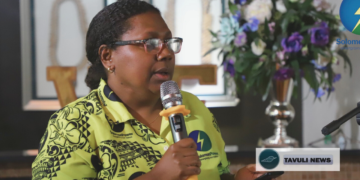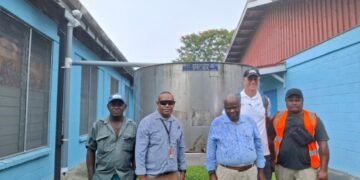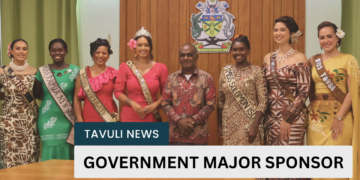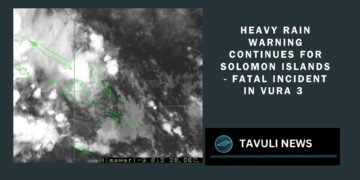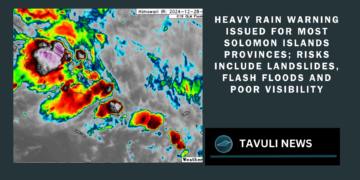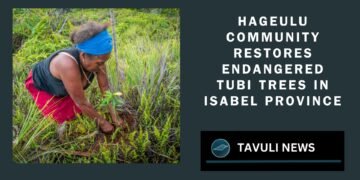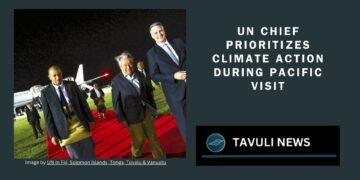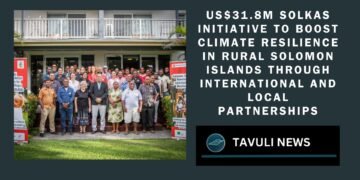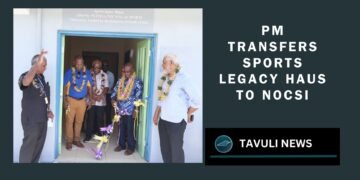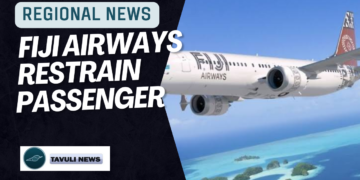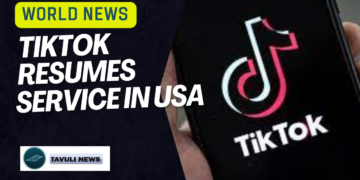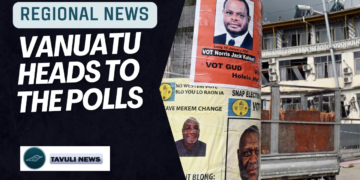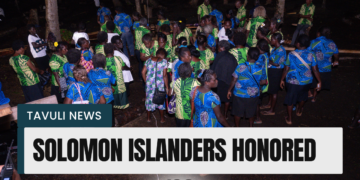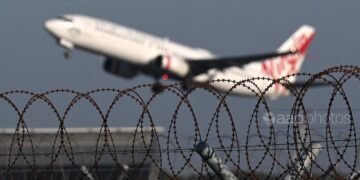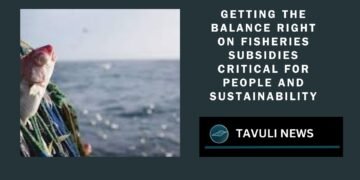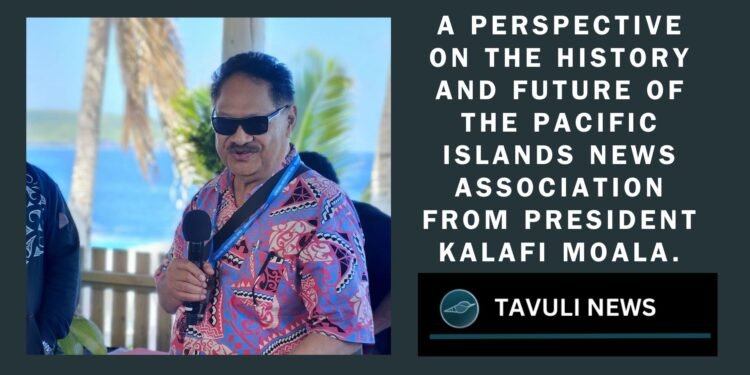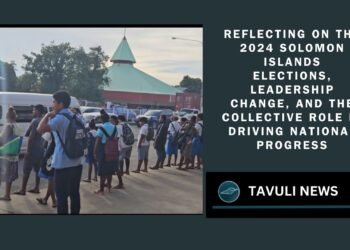A perspective on the history and future of the Pacific Islands News Association from President Kalafi Moala.
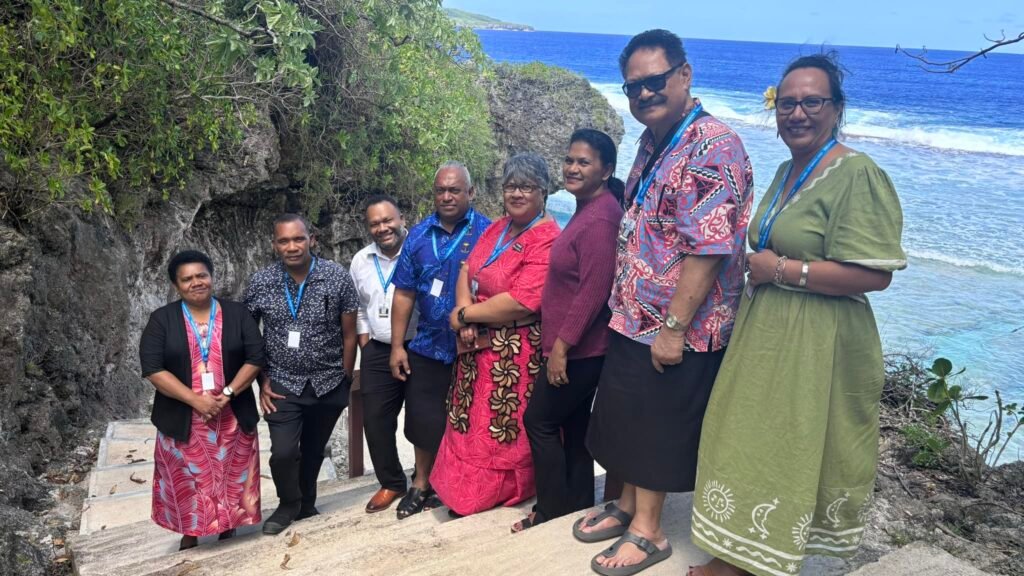
The Pacific Islands Media Freedom (PIMF) Index 2023, published by the Pacific Freedom Forum (PFF), referred to challenges facing regional media. The report State of Media Freedom, what are the key challenges? says that respondents were asked to list issues from 1 to 5 with 1 being the most challenging and 5 being the least challenging. “The economic costs of staying in business and social-cultural pressures were listed as the first and second most challenging issues for Pacific newsrooms, followed by political and legal challenges,” it said. The inaugural publication of the PIMF Index by PFF, released at the Niue Pacific Islands News Association (PINA) Summit, is commendable as it refocuses Pacific media on media freedom, without which our storytelling would be compromised and lose its transformational effect. In an editorial, PFF Forum Chair Robert Luke Iroga said: “Our mission is to safeguard and uphold the principles of Article 19 of the Universal Declaration of Human Rights. This article enshrines the rights to freedom of expression and freedom of information as fundamental human rights, a cause to which we are deeply committed and actively promoting.”
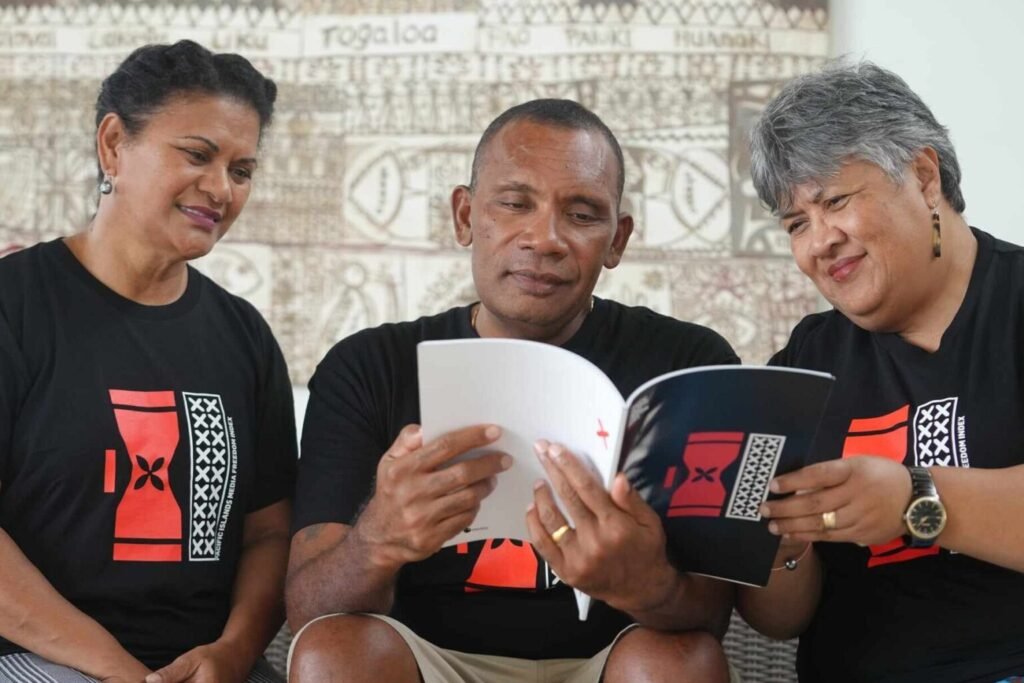
In recent decades where big business often takes control of the media and money dictates the editorial line, our regional media is in danger of being money-driven rather than truth-driven; thus, as media freedom improves substantially all over the region, the reliance on corporate or geopolitical funding has become rampant. The “arranged marriages” between PINA and funding agencies need to be checked, as do the proposed “love affairs” between donors and “poor bugger” media, to use a pidgin term! These are inappropriately carried on under the cover of capacity building and media development. There have been incidents where a funding agency has taken over the running of media associations, and strategic plans and priorities are designed in Australia, USA or New Zealand instead of the islands. The substantial increase in funding from Western nations is clearly tied to the ongoing geopolitical competition in the Pacific, reflecting the broader strategic rivalry between Western powers and China. The assumption is that if we can control media objectives, practice and development, we can go a long way in controlling the independence of island nations to choose who their partners are. There is no denying that money is one of the tools needed by our regional media for development, but we cannot compromise our independence and our values in order to be funded. In reality, as much as we need to be cautious in ensuring that accepting funding does not mean losing our independence, we need partnerships that have the same objectives and goals that we do in serving our region.
The independence of media continues to be a major factor that must be protected at all costs. Independence and media freedom are inseparable values. Without independence, freedom is lost and losing both means losing our true purpose, rendering us ineffective in serving the people we are meant to support. The stories told of the Pacific are usually told by outsiders, shaping narratives about us. The Pacific and its people have often been defined through the perspectives of those from outside our region. Consequently, our children and grandchildren learn about their lives and culture based on the interpretations of those who do not live among us, and who do not speak our language, or know our issues. Outsiders over the ages have controlled the information content and flow because they owned and designed the information systems —of education, of media, of religion, and in many cases of government.
The way things are set up is that information gathering and communication still has a strong colonial overhang. Instead of appropriate information being determined by storytellers among their own people, it is being determined by those who tell those stories often in a language foreign to the local culture, in a context borrowed from another culture, and with
issues and priorities also borrowed from outside. The donors who give millions to develop Pacific media seem to be more interested in how the stories of the people are being communicated to outsiders rather than to people on the inside. News, as such, is being written and broadcast primarily for people outside the region. But that’s how media money is made! The primary markets are those on the outside and the locals are secondary.
PINA was founded to serve media in the whole region. It has been 50 years but a significant part of the Pacific is still not represented – let alone served – in PINA today. What was interesting to me was not who was in Niue, but who wasn’t there. Melanesia, including Papua New Guinea, Solomon Islands, Vanuatu and Fiji, had strong representation. However, Polynesia and Micronesia were notably underrepresented. There was no one from the French world of New Caledonia and French Polynesia, while Marshall Islands, FSM and Guam were not represented. Floyd Takeuhi, a PINA founder, was not there. Neither was Gif Johnson, one of the most effective journalists in the region, with effective media training programs in the Marshalls and Micronesia. There are many significant others who can be named, from Samoa, Solomon Islands and New Zealand who were not in Niue.
For the next 12 months, it must be a priority for PINA to be on an inclusive campaign throughout the region to bring together those who may have been left out. A new bridge of relationship-building needs to be constructed throughout the region. This will mean that PINA will need to be more active in conducting subregional gatherings to strengthen media, as well as reaching out to emerging regional organisations to partner with as we take Pacific media into the future. It was encouraging in Niue to welcome Pacific Media Network Chief Executive Don Mann from Auckland, the biggest Polynesian city in the world. And, from Brisbane, Sulieni Layt and Toa Layt of Pacific TV and Radio. Indira Moala Stewart of TVNZ participated in the Niue Summit as well. These media leaders were in Niue representing Pacific media for the diaspora, serving huge Pacific populations in Australia and New Zealand. Together we can achieve this. We don’t need controlling partners, but those willing to humbly collaborate with us, helping to nurture a region vital to building a world of peace and meaningful lives.
This article is the second part of a two-part series. Read part 1 on devpolicy.org. This article appeared first on Devpolicy Blog (devpolicy.org), from the Development Policy Centre at The Australian National University.
Kalafi Moala established Tonga’s first independent newspaper and currently manages the online platform, Talanoa ‘o Tonga. He was elected President of the Pacific Islands News Association in September 2024.


